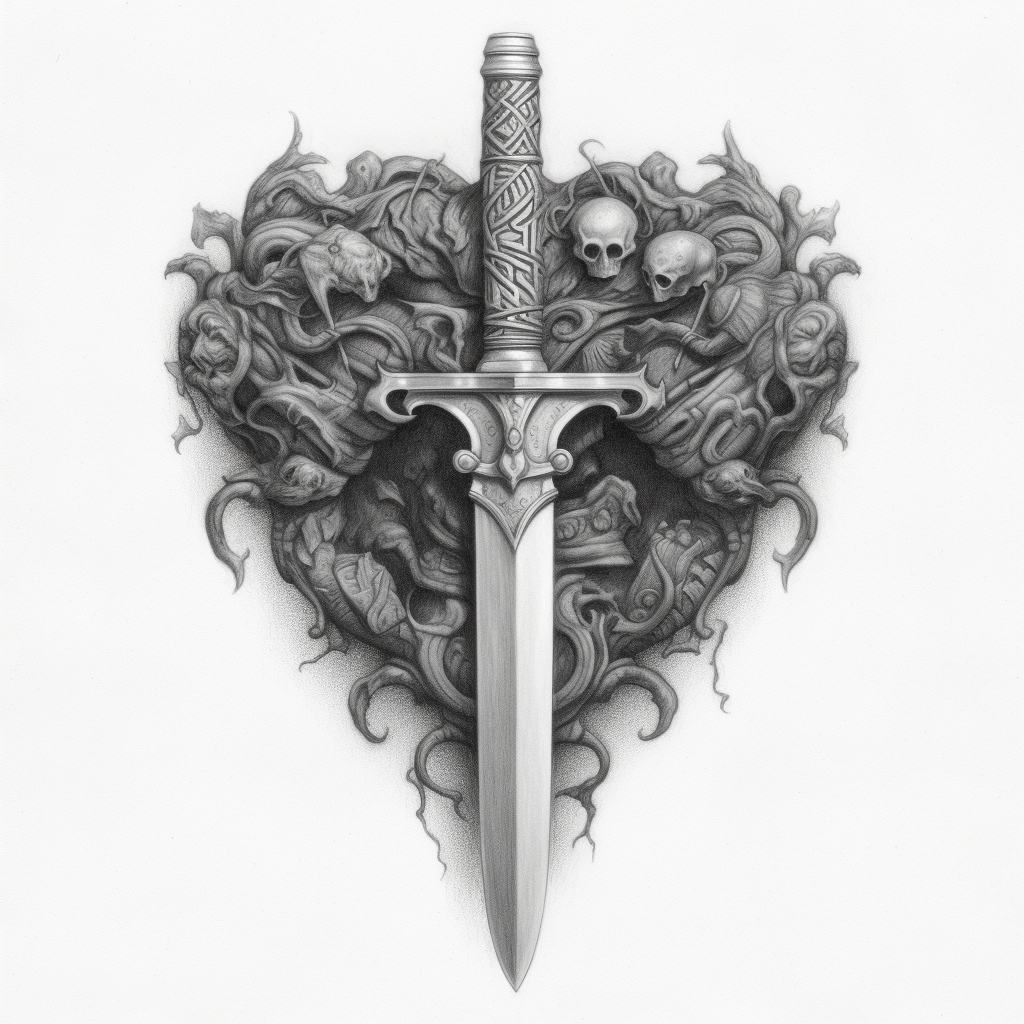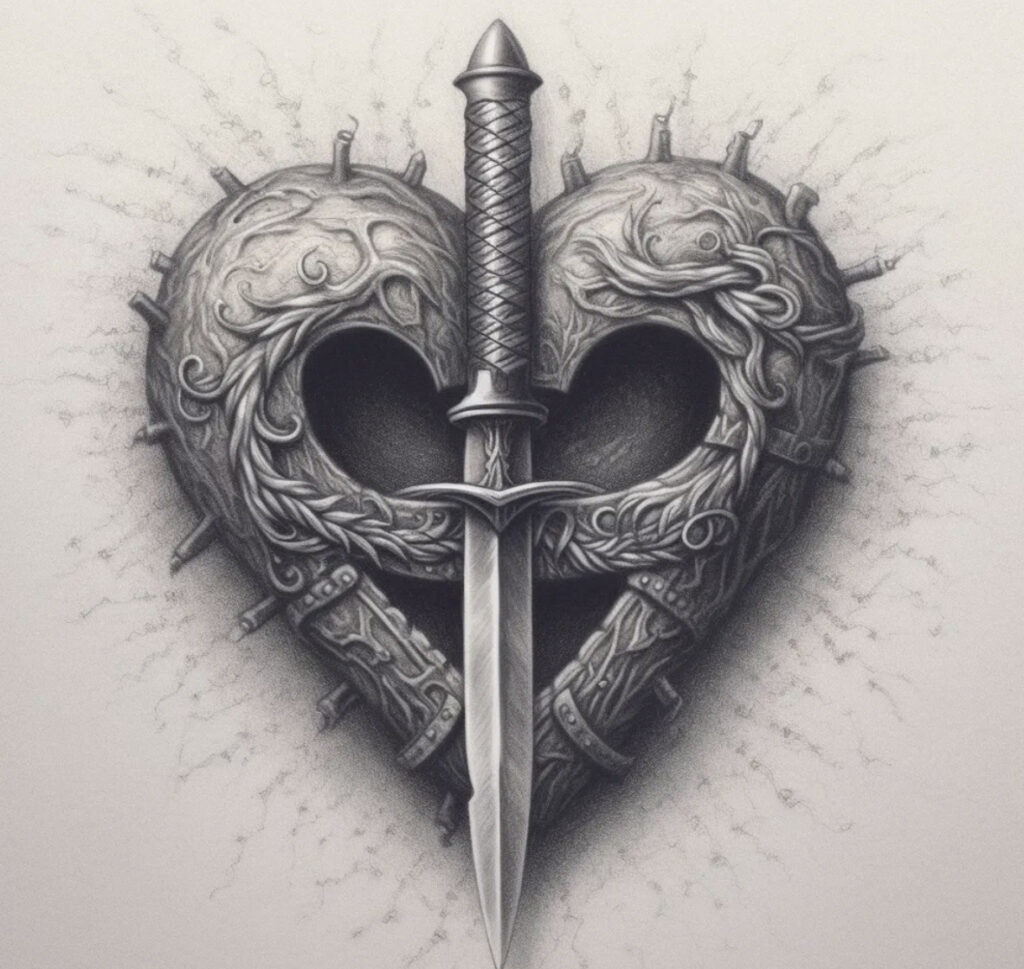Introduction: Throughout history, humanity has grappled with the profound question of why cruelty exists. From individual acts of violence to systemic oppression, cruelty manifests itself in various forms, leaving society to ponder its origins. Friedrich Nietzsche’s statement, “all cruelty springs from weakness,” presents a compelling viewpoint. This article delves into the complex relationship between weakness and cruelty, exploring psychological, sociological, and philosophical perspectives. By examining the influence of personal vulnerabilities and societal dynamics, we can gain a deeper understanding of the origins of cruelty.
The Psychological Nexus: Psychological theories shed light on the link between weakness and cruelty. Psychologists argue that individuals who experience feelings of inadequacy or powerlessness may resort to cruelty as a means of asserting dominance or gaining control. The perpetration of cruelty serves as a coping mechanism, allowing individuals to compensate for their own perceived weaknesses. Moreover, research has shown that individuals with low self-esteem are more likely to engage in aggressive and cruel behavior as a means of boosting their self-image.

Societal Influences: Societal factors also play a significant role in nurturing cruelty. When societies are structured around power imbalances and hierarchical systems, those who occupy positions of weakness or marginalization may resort to cruelty as a means of asserting their power or seeking revenge. Social inequality, discrimination, and oppression can generate a breeding ground for cruelty to thrive, as individuals attempt to reclaim their agency and overcome their own vulnerabilities.
The Spiral of Cruelty: Cruelty can perpetuate itself through a vicious cycle. When individuals experience cruelty or are exposed to it, they may internalize these behaviors, normalizing and replicating them. This perpetuation of cruelty becomes a self-reinforcing pattern, further entrenching the connection between weakness and cruelty. Societal norms, media, and interpersonal dynamics all contribute to this cycle, making it essential to address the root causes and break free from the chains of cruelty.
The Philosophical Contemplation: Nietzsche’s statement, “all cruelty springs from weakness,” provokes deeper philosophical contemplation. Some philosophers interpret weakness not as a mere lack of physical or emotional strength but as an existential condition. They argue that cruelty emerges from a sense of existential weakness—an inability to reconcile with the complexities and uncertainties of life. In this context, cruelty becomes a misguided attempt to assert control and impose order upon a chaotic world.
Conclusion: While Nietzsche’s assertion that “all cruelty springs from weakness” offers a valuable perspective on the origins of cruelty, the topic is undeniably complex. The interplay between personal vulnerabilities, societal dynamics, psychological mechanisms, and philosophical underpinnings all contribute to the manifestation of cruelty. By understanding the intricate relationship between weakness and cruelty, we can work towards building a society that fosters empathy, compassion, and resilience, ultimately breaking the cycle of cruelty.
References:
- Baumeister, R. F., & Campbell, J. D. (1999). The inherent cruelty of “ordinary” people. Personality and Social Psychology Bulletin, 25(10), 1288-1297.
- Berkowitz, L. (1993). Aggression: Its causes, consequences, and control. Temple University Press.
- Durkheim, E. (1997). Suicide: A study in sociology. Routledge.
- Lantz, J., & Nordmark, A. (2016). Cruelty as a way to cope with vulnerability. Journal of Theoretical and Philosophical Psychology, 36(2), 88-99.
- Nietzsche, F. (1886). Beyond Good and Evil. Penguin Classics.
- Staub, E. (2003). The roots of evil:



